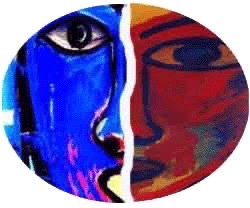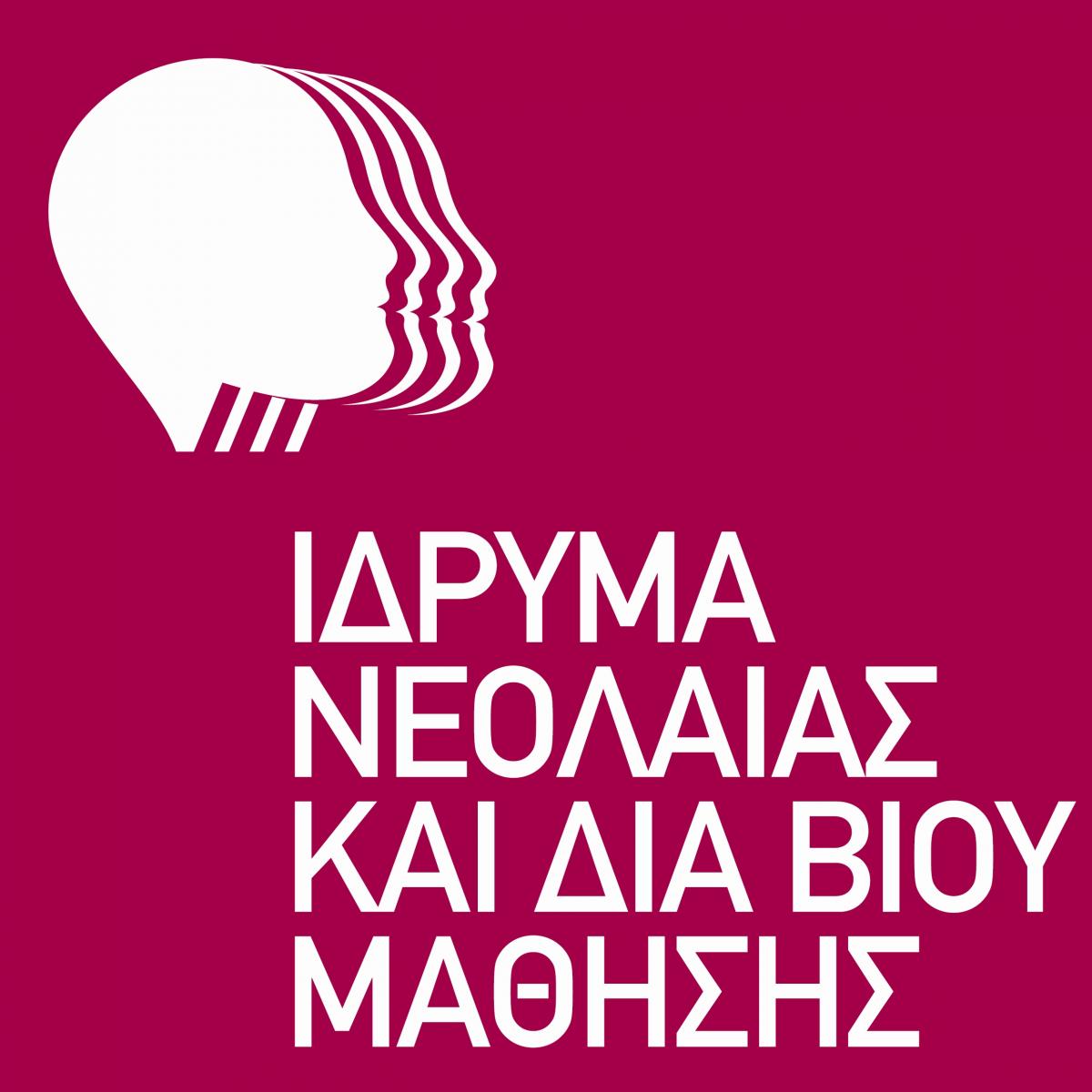ESC long term project in the “Municipal Museum of the Kalavrytan Holocaust”
I’m Jonathan, 19 years old and since September 2022 I’m working in the ESC project “Municipal Museum of the Kalavrytan Holocaust”. This means I’m here now since nine months.
The small town of Kalavryta is located in the mountainous area of Achaia in the north-west of the Peloponnese. In December 1943, the German occupation troops carried out the “Operation Kalavryta”, in which they killed a great part of the male population in the town of Kalavryta and in all the surrounding villages and monasteries. The soldiers furthermore burned down all the buildings in the villages and monasteries. This war crime and its consequences are the main topic of the museum.
I work 9 to 4 on five days a week (Tuesday to Saturday, as the museums is closed on Mondays). My tasks include research for different projects, the digitalization of historic documents, small temporary tasks around the museum, and, of course, giving guided tours to groups visiting the museum. This is probably the most exciting part of the job for me, as I get to talk with a lot of people from all over the world. Also, I hope to contribute to keeping the memory of the executed people alive, so we do not forget about what has happened in this place. Additionally, I take pictures for the archive when we receive guests like politicians or other official visitors (e.g., in December, Katerina Sakellaropoulou, the president of Greece visited the museum). We mainly have Greek and English- speaking groups, but also some German groups. My work has brought me a lot of joy and I’ve met a lot of interesting people. Then, we also have some special projects now and then, for example, from October 2022 until January 2023, we had set up a travelling exhibition about the topic of the museum in Patras. Also, last week, on the 17th and 18th of May, we had a project about climate change and its effects in cooperation with the UNESCO Geopark in Kalavryta, where classes of the primary school experienced experiments and learned about climate change. On the afternoon of the 18th, we held a day conference about the topic about climate change and the effects that are already showing in Kalavryta. The guests were experts like professors, people working for the Geopark and scientists.
The town itself is rather small and lies within a very rural, mountainous area, which proved a challenge in the first days, but I quickly got used to the life here. The locals are very kind and friendly, and I know many people in town. For example, I spent the easter days with one of my colleagues’ family in Patras and was very hospitably received. In the first six months, there were also two other volunteers here, working for the Geopark, with whom I did a lot of activities, like hiking,exploring the shops of the town and going for coffees and food. The landscape is very panoramic, so hiking through the mountains was very fun, apart from the wild-roaming dogs we encountered more than once. The other volunteers’ project was on a 6-month-basis, but it is in pause right now, as the organisation is changing it to an annual interval. But with summer coming, being the only volunteer in town is not as hard as I had imagined it before. I have also done some travelling around the country and have been to Athens multiple times, I’ve spent a week in Thessaloniki, and I will go to Crete in a few weeks. I’m excited for the remaining months of my time here and thankful for the opportunity to learn and grow in this project.
Coordinated by FILOXENIA, Intercultural-Environmental Organisation
Written by the volunteer Jonathan Drewes from Germany.
This project was supported by the European Solidarity Corps of the European Union through the Greek National Agency “INEDIVIM”

